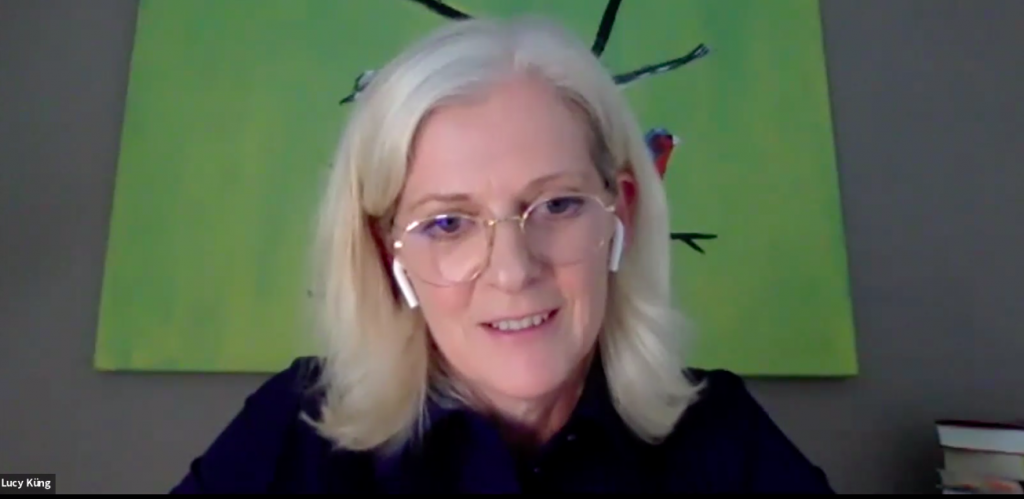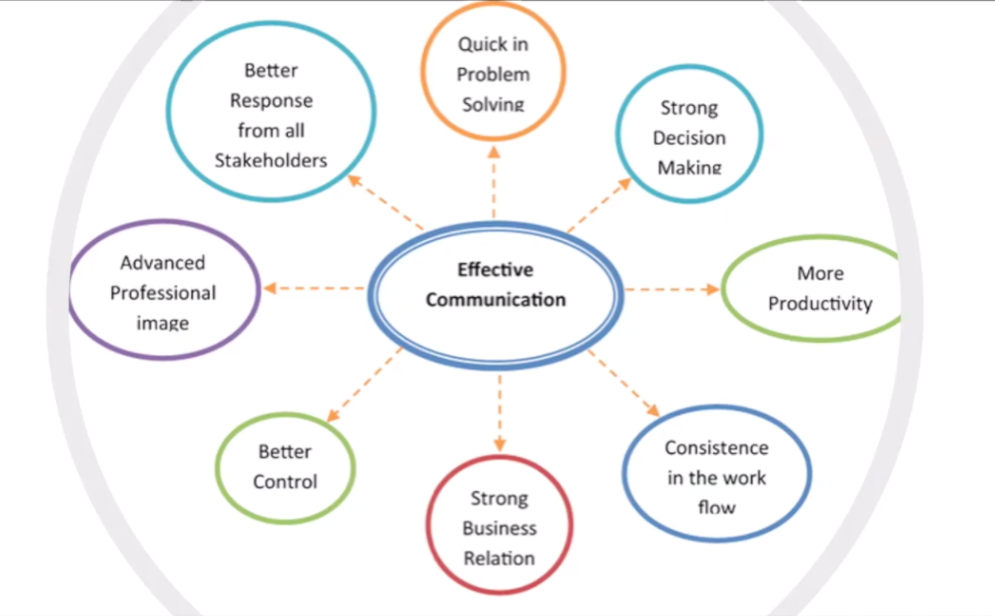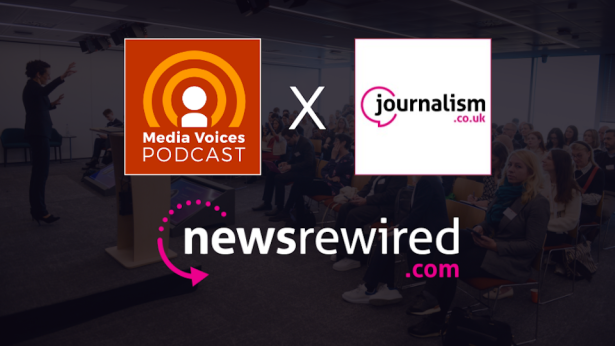
Lockdown and working from home has been difficult for the media professionals during the coronavirus pandemic.
As Lucy Küng, senior research fellow, Reuters Institute for the Study of Journalism, noted at the Newsrewired virtual conference (29 June 2020), everyone is feeling the stress – and that will only increase as furloughed staff return to work and teams get up to full capacity.
“The realities of leadership is that covid-19 has been absolutely exhausting,” she says.
“But as leaders, one needs to be tremendously sensitive about where people are on their journey and what experiences they’ve had.”
It is likely that our makeshift newsdesks will be a mainstay feature for a while. lt is why Fergus Bell, CEO and founder, Fathm, stressed the importance of observing a healthy work culture and morale in the times ahead. That is not just about keeping to sane work hours, but also strengthening team communication – how a simple ‘thank you’ can go a long way during stressful times.
But it is worth considering just how important team communication is going to be from now on. Leaders are pressed to be more mindful of their reporters’ working conditions, reporters are often painfully aware of how much pressure their editors are under. How we talk to one another is going to play a key role as we shape our future. So, can we get better at talking to each other?

Yes, according to Len Clark, who is a teacher of the DiSC assessment tool and a specialist in leadership development. DiSC is a personality test which can help you understand your own, and identify other’s, preferred communication style.
“You can be prepared to take risks by learning to communicate with the individual or organisation you are dealing with, to understand them a bit better,” he says.
“If you can speak their language, you can get congruent information and enhance effective communication which is going to be key to be successful in taking risks.”
Clark said that the assessment can help increase emotional intelligence, as well as productivity, teamwork, leadership, sales and communication skills. It measures personality and behavioural style, but crucially, not intelligence, aptitude, mental health or values.
DiSC is an acronym for each of the four personality types: dominance, influence, steadiness, conscientiousness. The tool produces a unique breakdown for each user, and there are no ‘right’ or ‘wrong’ outcomes – it is just how we are wired.
A conscientiousness type, for example, prioritises accuracy in their work. They are strong at planning, but they can be critical and unresponsive to work with. They loathe disorganisation, and make decisions methodically. When under pressure, they get indecisive. If pushed to extremes, they can react emotionally.
Each of the four types follows such a breakdown. The idea being that if you can identify in your newsroom who are the dominance types (the demanding leaders), the influence types (the enthusiastic visionaries), or the steadiness types (the dependable team players), you can adjust your communication to suit their preferences, fit a project with the right balance of personalities, or even make the right hire for a department.
In editorial briefings, this could be the difference between keeping details to a minimum, or to ensure every point is finely combed through.
In digital times, this could influence how often you check in with your reporters. Do you give them loads of space to get on with their tasks? Or go to lengths to let them know your inbox is always open?
You can book a DiSC assessment by contacting len@ltcmedia.org

